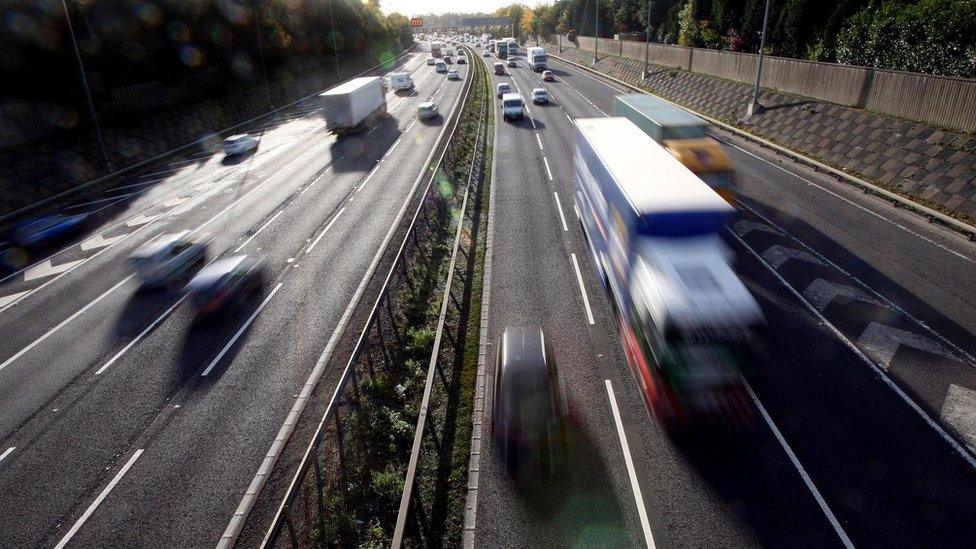Car insurance premiums rise for eight successive quarters
- Published

Car insurance premiums have once again risen to a new high, according to the Association of British Insurers (ABI).
Between October and December 2017 average premiums rose to 拢481, a rise of 9% on the previous year.
That is the highest figure since the ABI started records in 2012, and the eighth successive quarter in which premiums have risen.
The industry blames a series of increases in Insurance Premium Tax, and changes to the so-called discount rate.
Since June last year all insurance premiums have been taxed at 12%.
The government has already announced plans to reverse changes to the discount rate, but these have yet to come into force.
The discount - or Ogden - rate is designed to compensate insurers for the cost of long-term injury claims.
It was reduced by the government last April, costing insurance firms large amounts of money.
However, in September the Ministry of Justice (MoJ) said it would revise the scheme.
'Piling on the pressure'
New legislation may eventually ease the pressure on premiums, although some experts believe that the cost of car insurance is unlikely to fall.
The MoJ has also announced a series of reforms to whiplash-related claims, in an attempt to reduce fraud.
"The rising cost of motor insurance shows no sign of abating," said Rob Cummings, the ABI's assistant director.
"Changes to how compensation payouts are calculated, Insurance Premium Tax, more whiplash-style claims and rising repair bills are all piling on the pressure for cash-strapped drivers."
The ABI said most insurers were currently making a loss on motor policies.